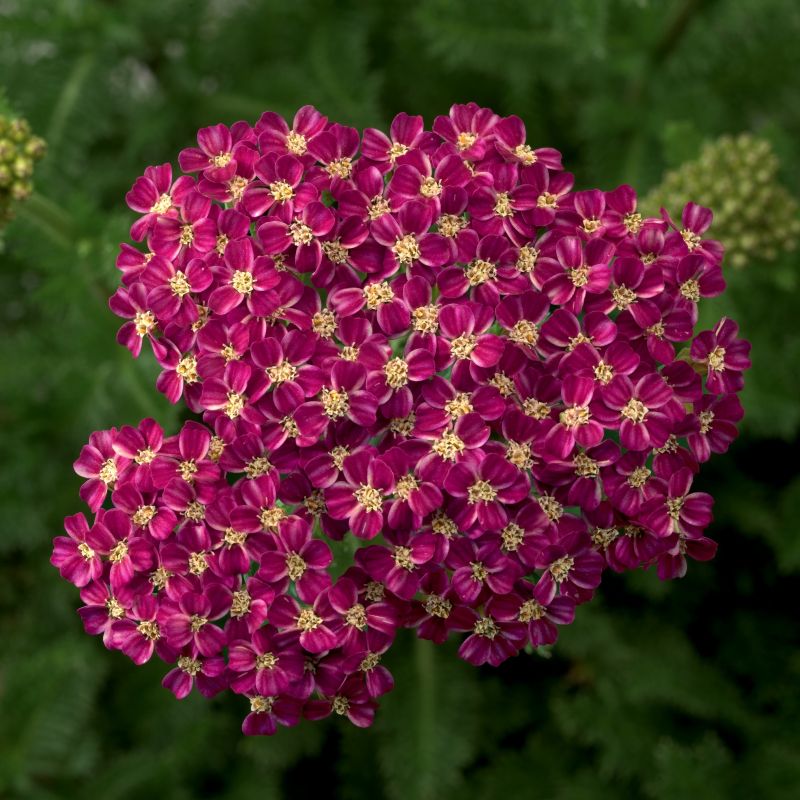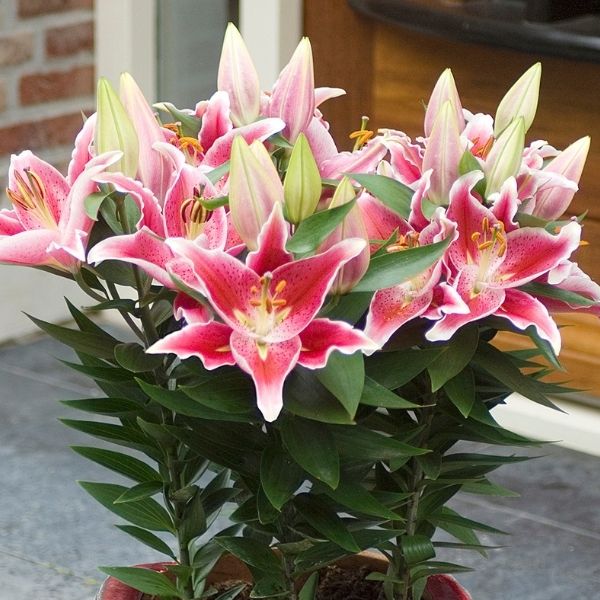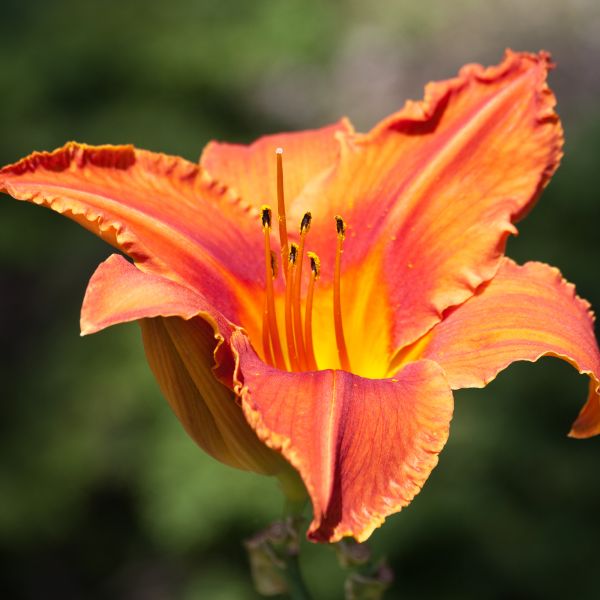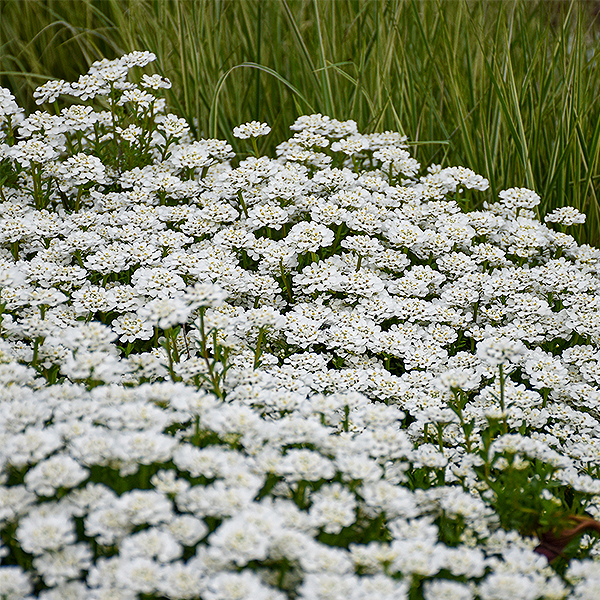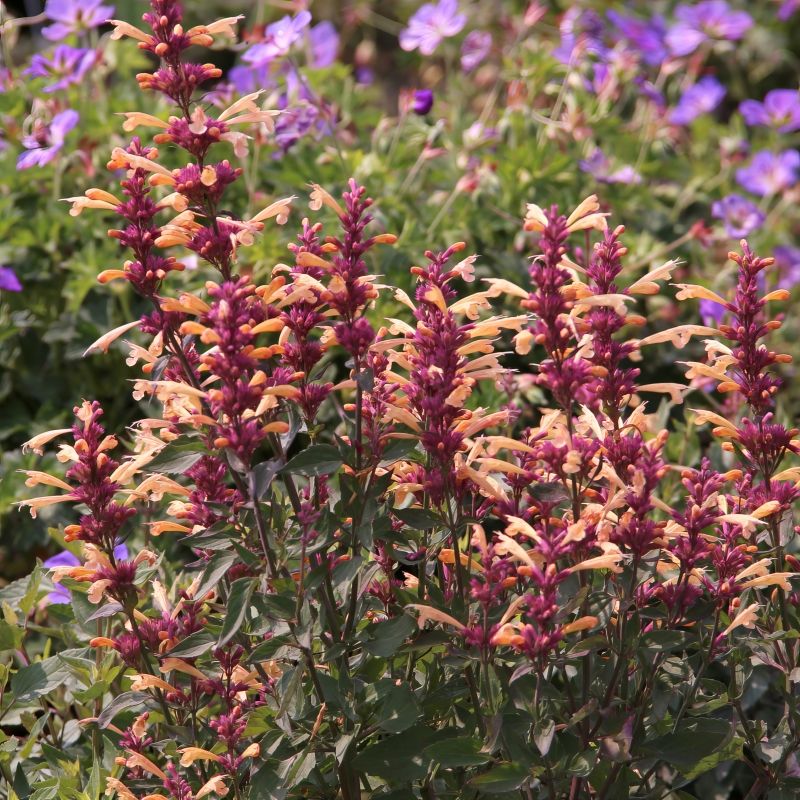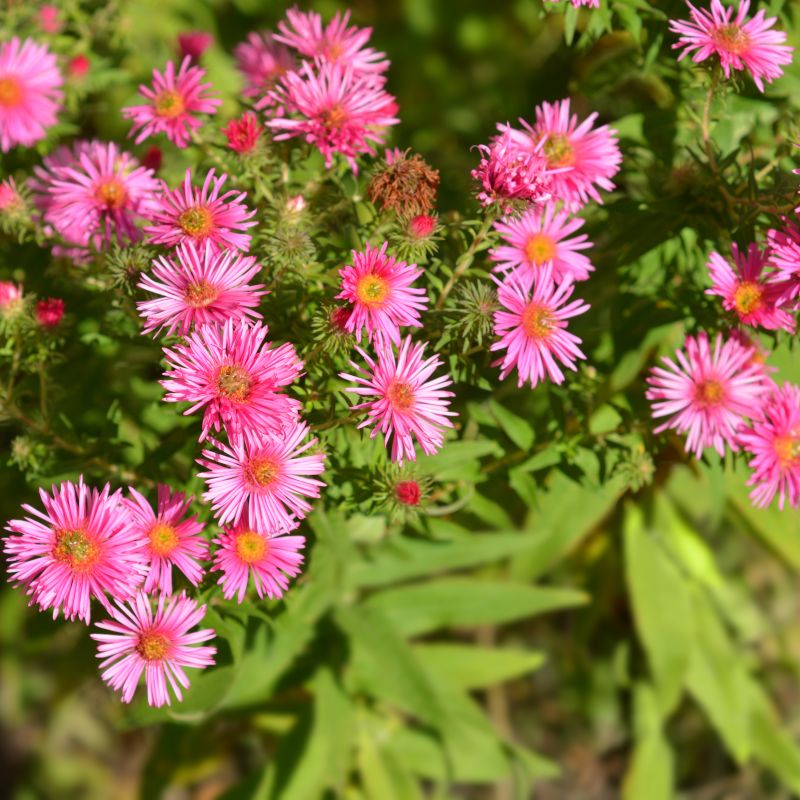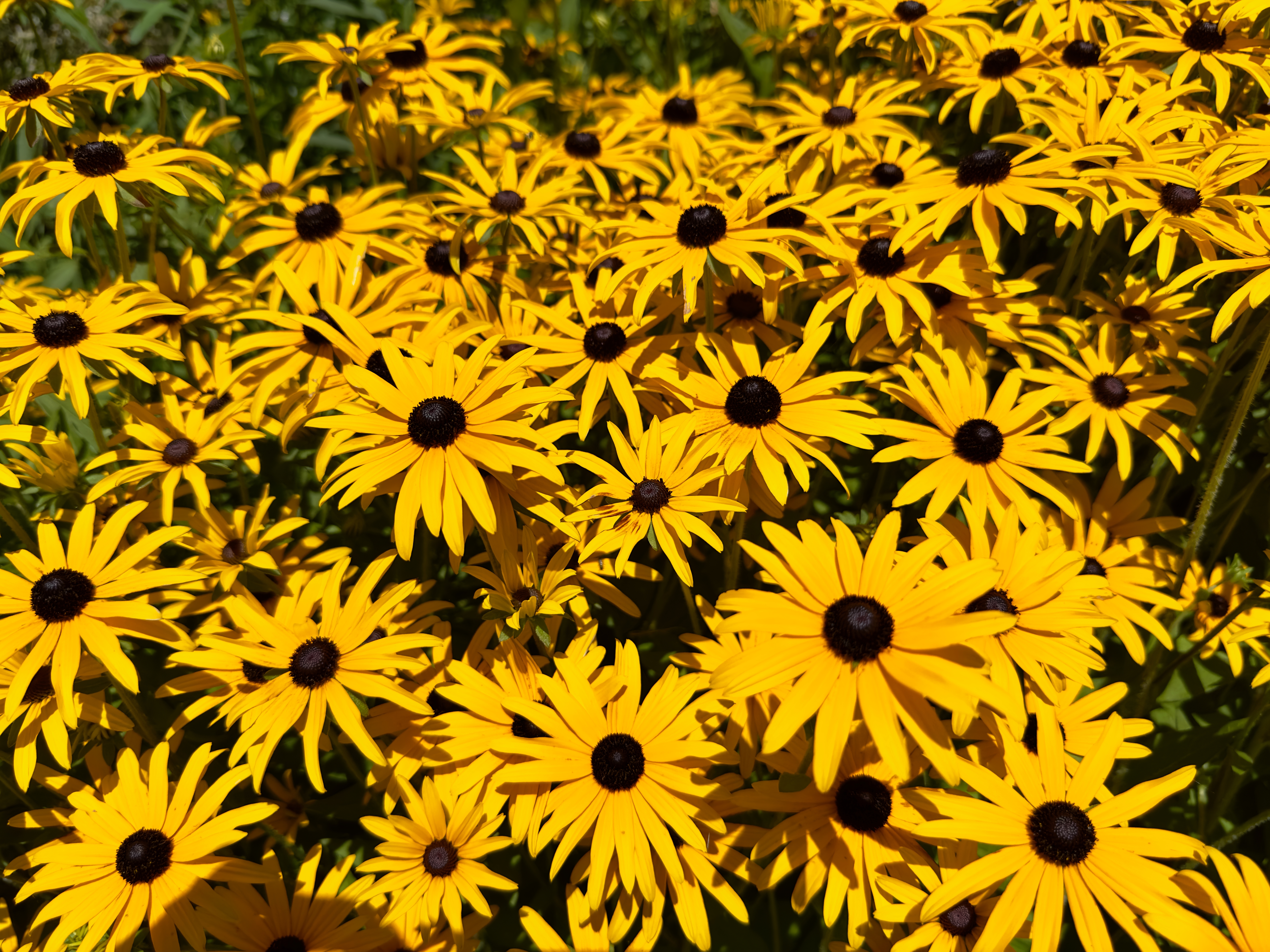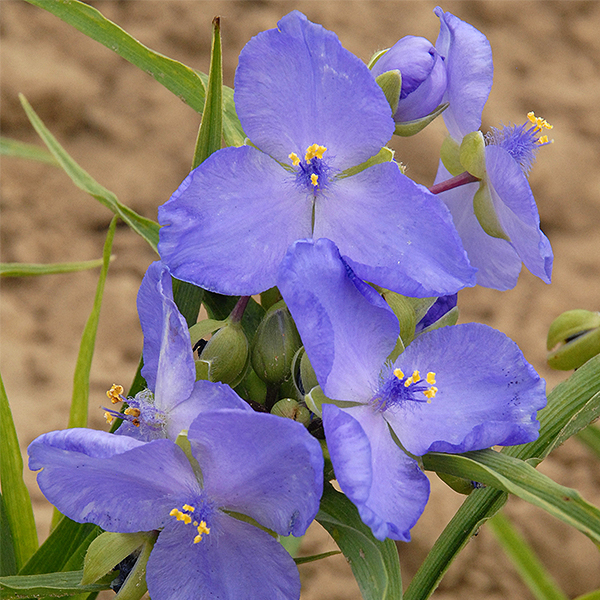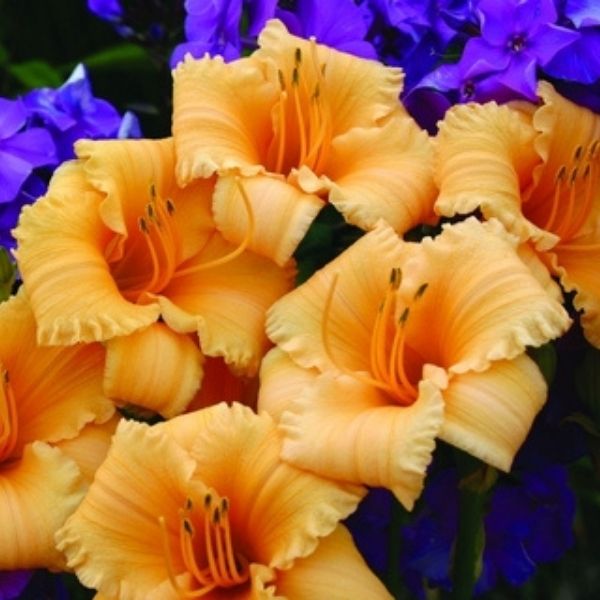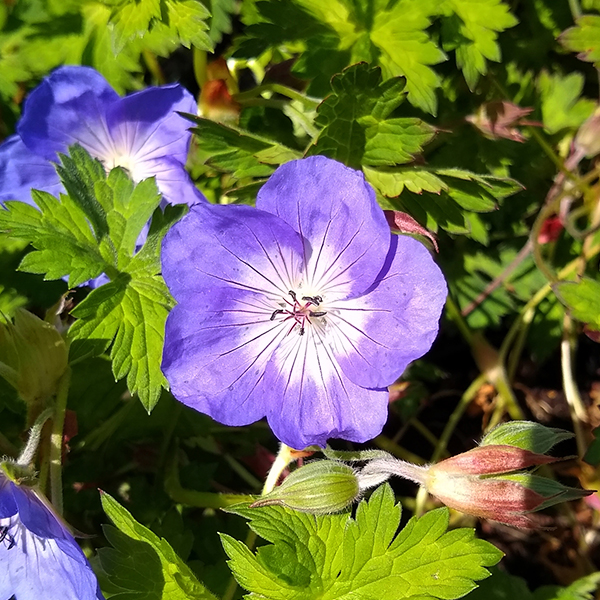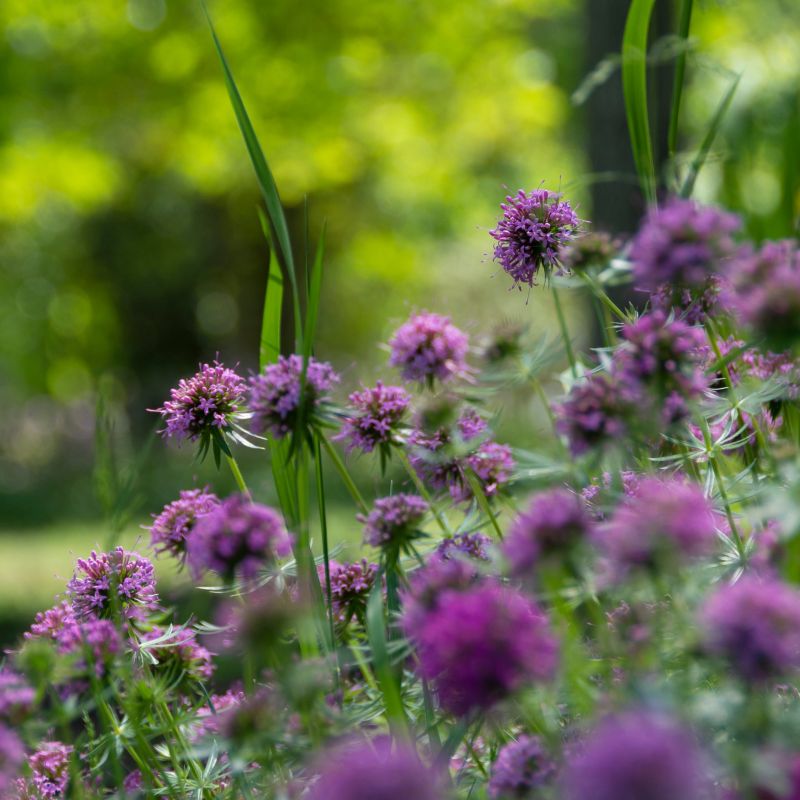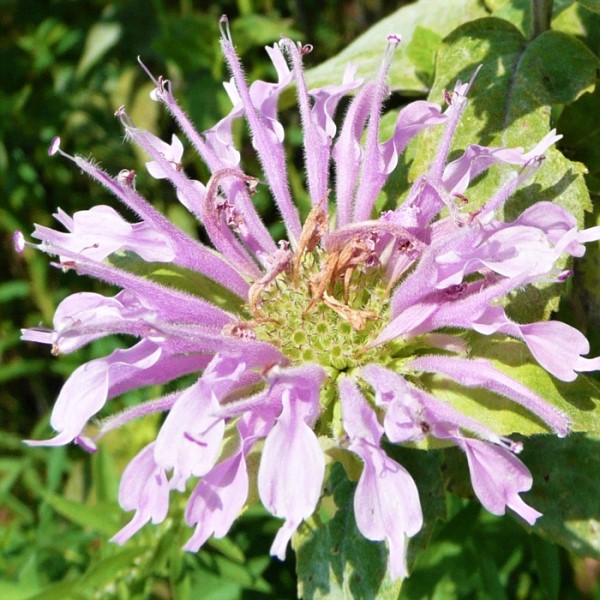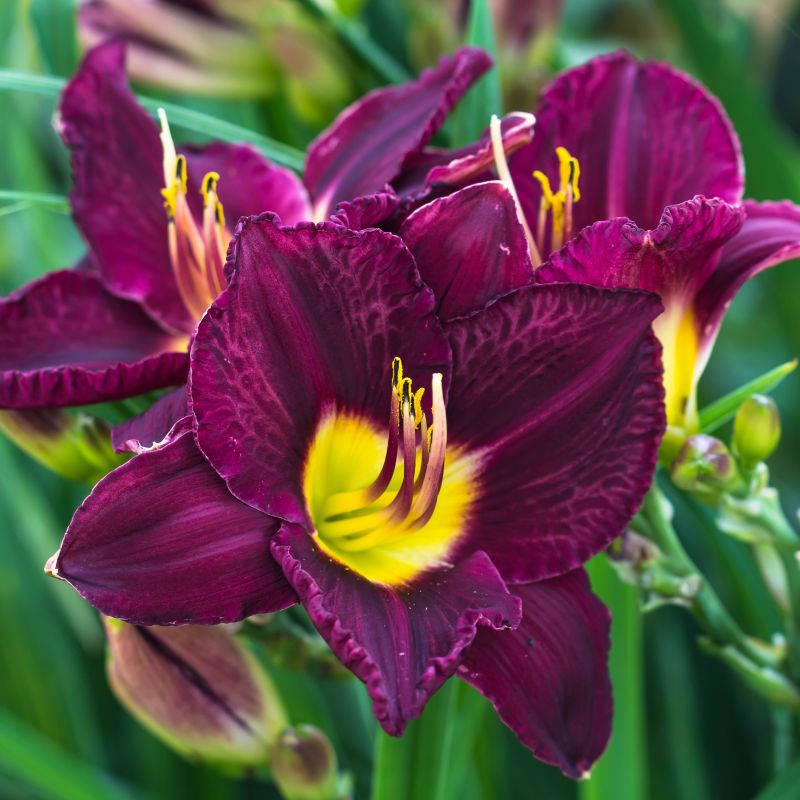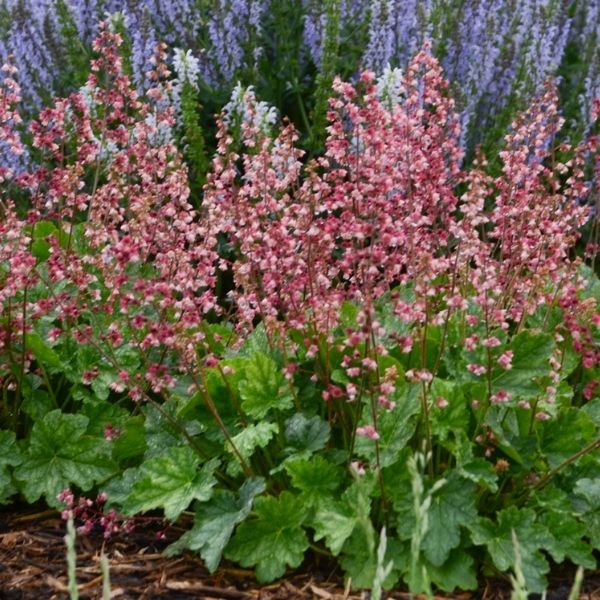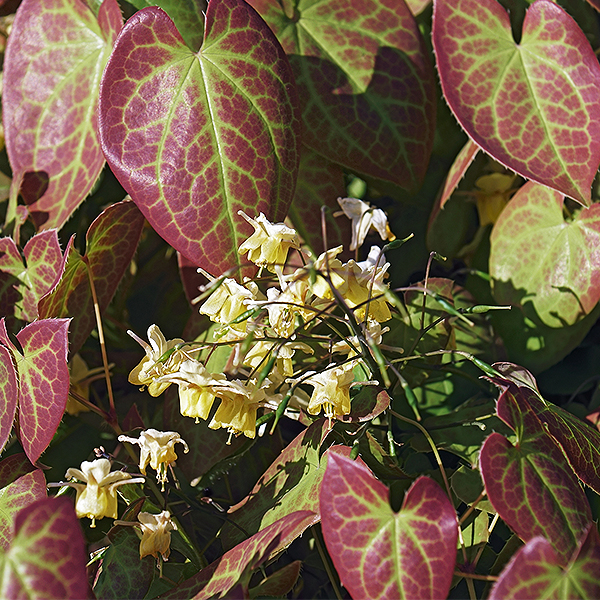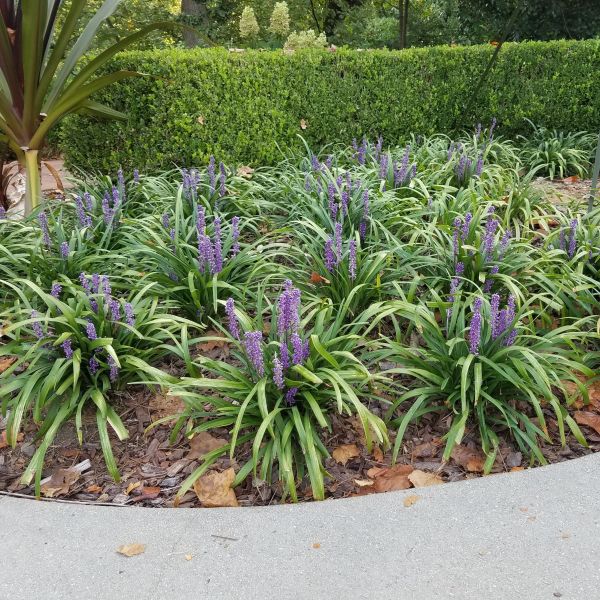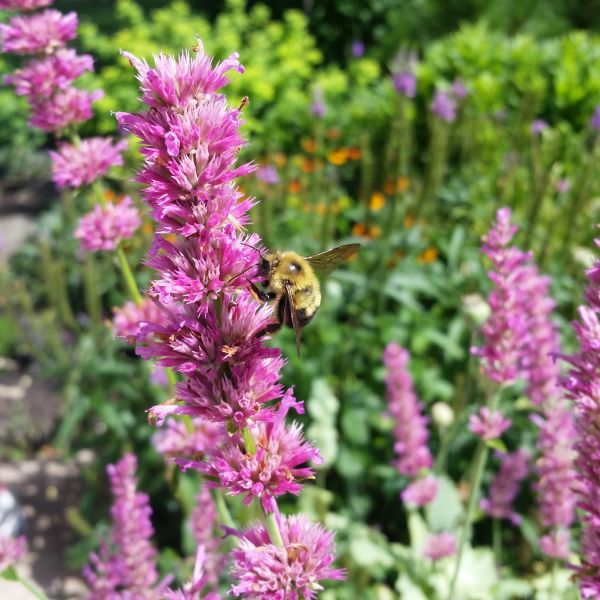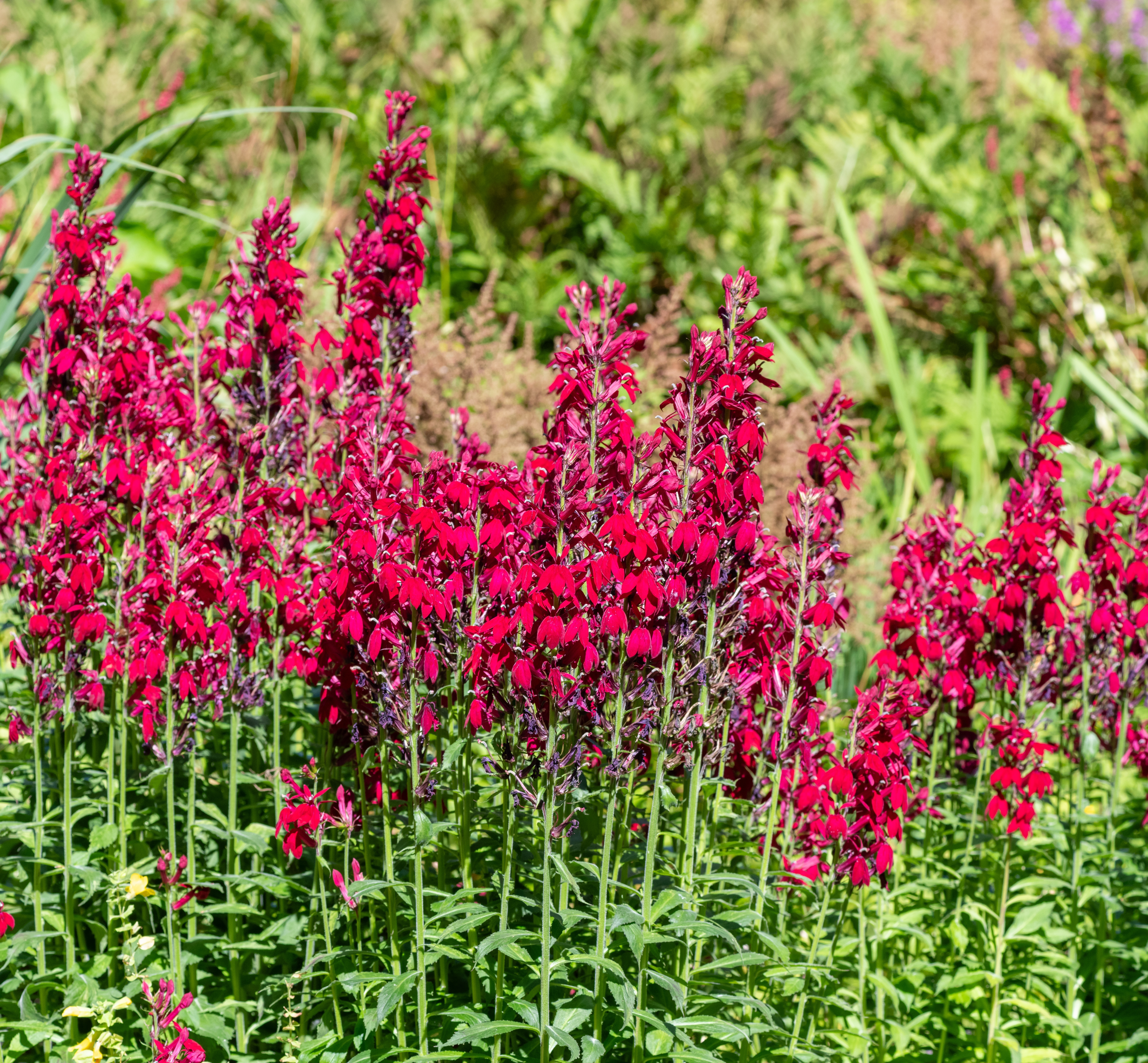
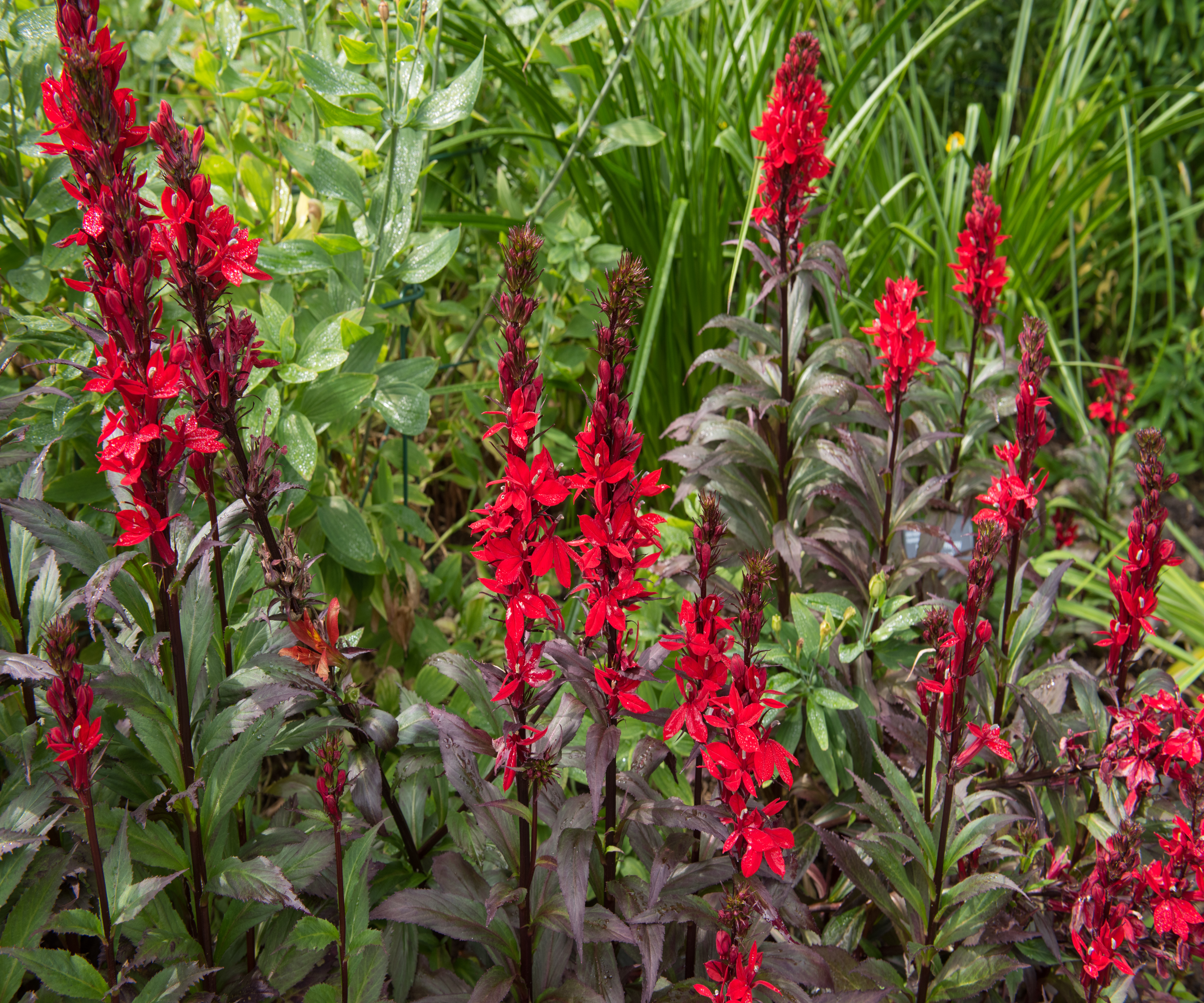
Cardinal Flower
Lobelia cardinalis
7 reviews
Cardinal Flower
Lobelia cardinalis
7 reviews
- Attracts hummingbirds and butterflies to your garden
- Thrives in wet soil conditions, making it a great choice for rain gardens
- Adds a pop of vibrant red color to your landscape
- Recommended by landscape designers for optimal fit in real yards
$35.00
$50.00
30% Off
- Ships to 43215 in 3 to 7 days
- Free Shipping Over $150
- Plant Arrival Guarantee
- In Stock
- Free Plant Consult
$200 - Landscape-Approved: Every Plant We Sell Comes With Design Expertise Behind It
Premium 1 Gallon
Not just beautiful - intentionally selected by ShrubHub's 3D landscape design team to fit real-world spaces and maximize yard potential.
Why Cardinal Flower?
Cardinal Flower is a striking perennial plant with vibrant red tubular flowers that attract hummingbirds and butterflies. It thrives in moist, rich soils in partial shade to full sun. The plant can grow up to 4 feet tall and blooms in late summer to early fall. Cardinal Flower is a beautiful addition to garden borders, wetland areas, and naturalized landscapes.
People who loved this plant also bought
Sunlight
Cardinal Flower requires full sun to partial shade for optimal growth and bloom. It thrives in locations where it receives at least 6 hours of direct sunlight each day. In too much shade, the plant may become leggy and produce fewer blooms.
Watering
Cardinal Flowers need consistently moist soil and prefer to be grown in a location with partial shade or filtered sunlight. It is important to water them regularly, especially during dry spells, to ensure they thrive and produce vibrant blooms.
Fertilizing
Cardinal Flowers are heavy feeders and require a balanced fertilizer with a higher phosphorus content when planting. Fertilize them monthly with a slow-release fertilizer to promote healthy growth and vibrant blooms. It is important to avoid over-fertilizi
Cardinal Flower (Lobelia cardinalis)
The Cardinal Flower, scientifically known as Lobelia cardinalis, is a stunning perennial plant native to North America. It is named for its vibrant red blooms that resemble the color of a cardinal's robe, making it a popular choice for gardeners looking to add a pop of color to their landscapes.
Features:
- Height: 2-4 feet tall
- Blooms: Bright red tubular flowers
- Light: Full sun to partial shade
- Soil: Moist, rich, well-drained soil
- Attracts: Hummingbirds and butterflies
Care Instructions:
Cardinal Flowers prefer consistently moist soil, so be sure to water regularly, especially during dry spells. Deadheading faded blooms can encourage more flower production. Divide the plants every few years to prevent overcrowding and maintain their health.
Uses:
Plant Cardinal Flowers in borders, near ponds or water gardens, or in naturalized areas where their striking red blooms can be showcased. They make excellent cut flowers for arrangements and are a favorite of hummingbirds and butterflies.
Additional Notes:
While Cardinal Flowers are generally low maintenance, they can be susceptible to powdery mildew in crowded or humid conditions. To prevent this, provide adequate spacing between plants and good air circulation.
Plant Information:
| Botanical Name: | Lobelia cardinalis |
| USDA Zones: | 3 - 9 |
| Water: | Moderate & Tolerates Wet Soil |
| Exposure: | Full Sun |
| Soil Needs: | Well-Drained Moist |
| Mature Height: | 2 - 3 feet |
| Mature Spread: | 18 - 24 inches |








Pollination Info
Pollination of Cardinal Flower (Lobelia cardinalis)
Cardinal flowers are primarily pollinated by hummingbirds, which are attracted to the bright red tubular flowers that contain ample nectar. The long beak of the hummingbird is perfectly suited for reaching the nectar deep within the flower.
In addition to hummingbirds, bees and butterflies may also visit cardinal flowers for nectar. These insects help in cross-pollination by transferring pollen from one flower to another as they feed.
Cardinal flowers rely on pollinators for reproduction, as they are not able to self-pollinate. The bright color of the flowers, along with their tubular shape and abundant nectar, serve as attractants to pollinators.
Overall, the pollination process of cardinal flowers is crucial for the plant's reproduction and the maintenance of its genetic diversity.
FAQ
Cardinal Flower (Lobelia cardinalis) FAQ
Q: What is Cardinal Flower?
A: Cardinal Flower (Lobelia cardinalis) is a native perennial plant known for its striking, bright red tubular flowers. It is commonly found in wetland areas and is a popular choice for gardens due to its attractive blooms.
Q: How do I plant Cardinal Flower?
A: Cardinal Flower can be planted in moist, well-drained soil in full sun to part shade. It is typically propagated through seeds or division of established plants. Planting in areas with consistent moisture will help the plant thrive.
Q: How often should Cardinal Flower be watered?
A: Cardinal Flower prefers consistently moist soil, so it should be watered regularly, especially during dry periods. However, be cautious not to overwater as this can lead to root rot.
Q: How tall do Cardinal Flowers grow?
A: Cardinal Flowers can grow up to 3-4 feet tall, with upright stems and lance-shaped leaves. The striking red flowers appear on tall spikes at the top of the plant, attracting hummingbirds and butterflies.
Q: When do Cardinal Flowers bloom?
A: Cardinal Flowers typically bloom in late summer to early fall, with the vibrant red flowers lasting for several weeks. Deadheading spent blooms can encourage additional flowering.
Q: How do I care for Cardinal Flower in winter?
A: Cardinal Flower is hardy in USDA zones 3-9 and can withstand cold temperatures. Mulching around the base of the plant in late fall can help protect the roots during winter. Cut back any dead foliage in spring to allow for new growth.
Q: Are there any pests or diseases that affect Cardinal Flower?
A: Cardinal Flower is relatively resistant to pests and diseases, but it may be susceptible to slugs, snails, and aphids. Keeping the plant healthy and properly watered can help prevent pest infestations.
Planting & Care
Planting & Care for Cardinal Flower (Lobelia cardinalis)
Cardinal flowers, or Lobelia cardinalis, are known for their bright red tubular flowers that attract hummingbirds to the garden. Here are some tips for planting and caring for Cardinal flowers:
Planting:
- Choose a planting location that receives partial to full sun.
- Cardinal flowers prefer moist, rich soil, so make sure the planting area has good drainage.
- Plant Cardinal flower in the spring after the last frost date in your area.
- Dig a hole that is twice as wide and just as deep as the plant's root ball.
- Gently remove the plant from its container and place it in the hole, making sure the top of the root ball is level with the soil surface.
- Backfill the hole with soil and water thoroughly.
Care:
- Keep the soil consistently moist, but not waterlogged.
- Apply a layer of mulch around the base of the plant to help retain moisture and suppress weeds.
- Deadhead spent flowers to encourage the plant to produce more blooms.
- Fertilize Cardinal flowers with a balanced fertilizer in the spring to promote healthy growth.
- Monitor the plant for signs of pests or diseases, and treat as needed.
- Divide Cardinal flowers every 2-3 years to maintain their vigor.
With proper planting and care, Cardinal flowers can provide a splash of color and attract pollinators to your garden.
Check Out These Verified Customer Reviews:
Customer Reviews
4.7 out of 5 based on 7 reviews
Thank you! Your review has been submitted.
The Cardinal Flower arrived in perfect condition and looks even more beautiful in person. The colors are vibrant and the quality is top-notch. The website was easy to navigate, and the shipping was quick. Overall, a great experience.
Arrived in perfect condition, very pleased.
I recently purchased the Cardinal Flower and am extremely pleased with my order. The item was well-packaged and arrived in excellent condition. The quality exceeded my expectations. The website was user-friendly, and the shipping was prompt. Great customer service as well.
Item has been added to your cart.




